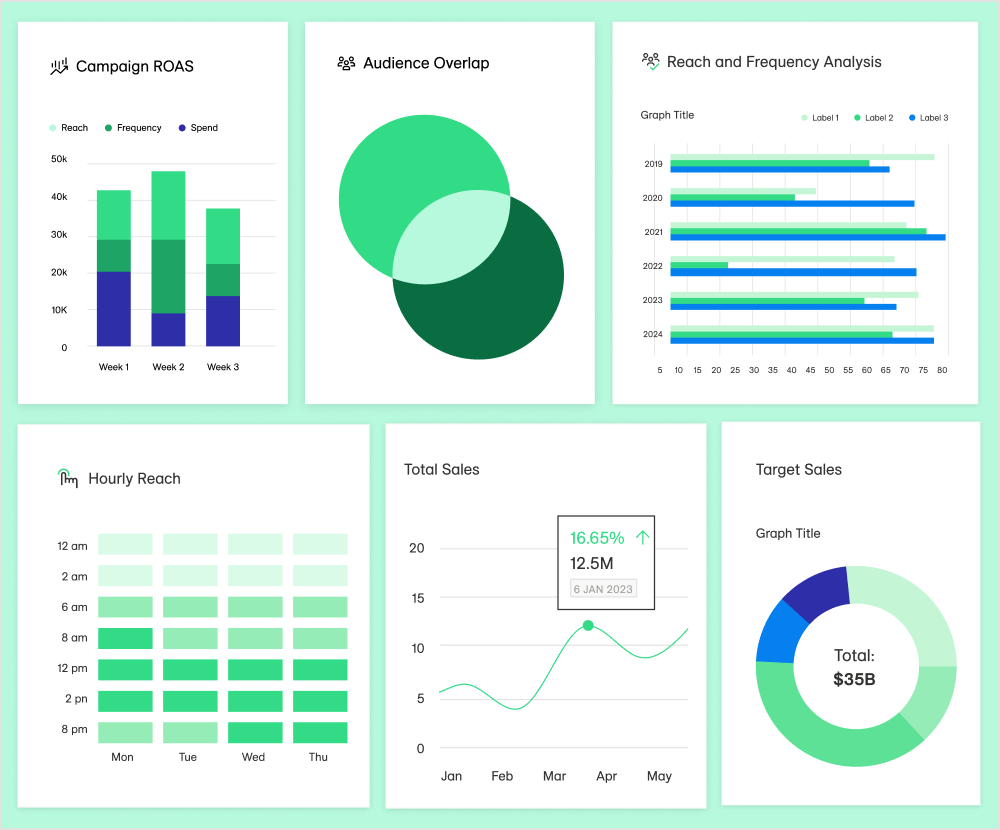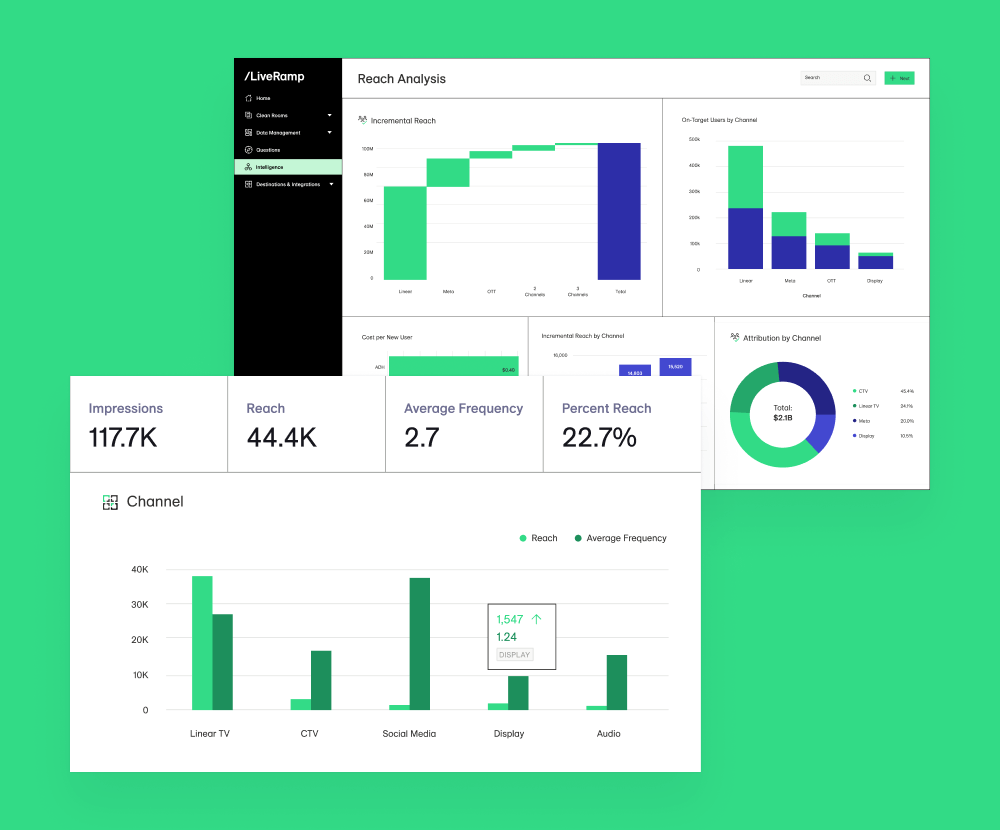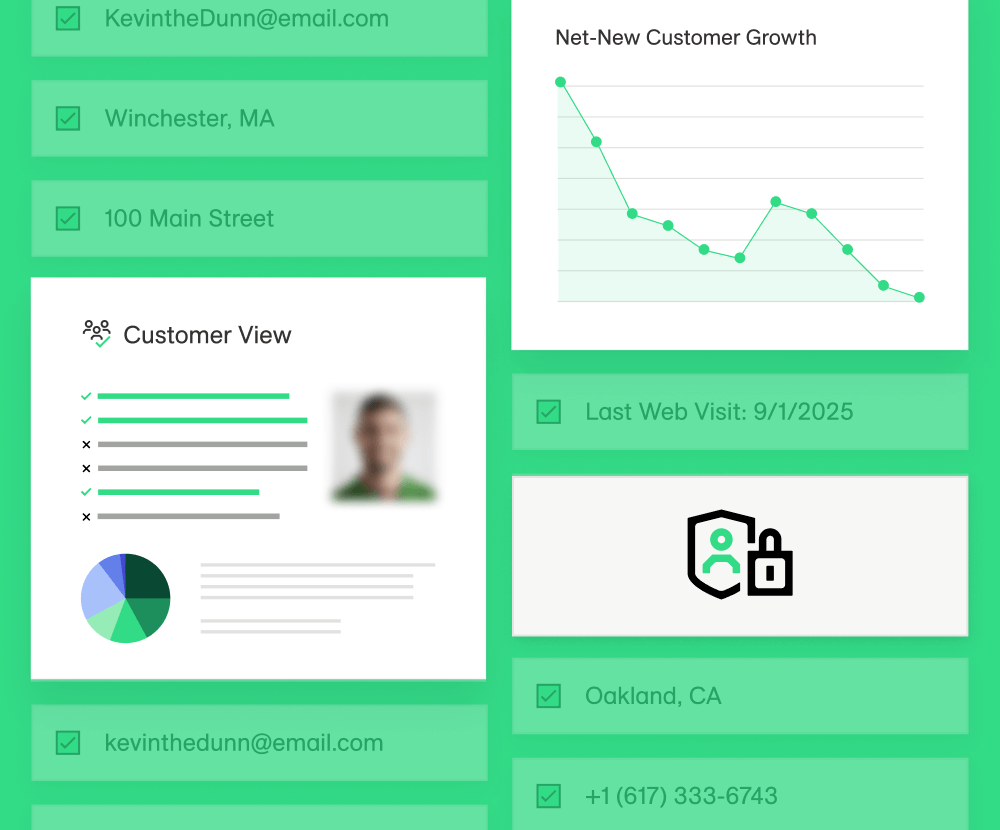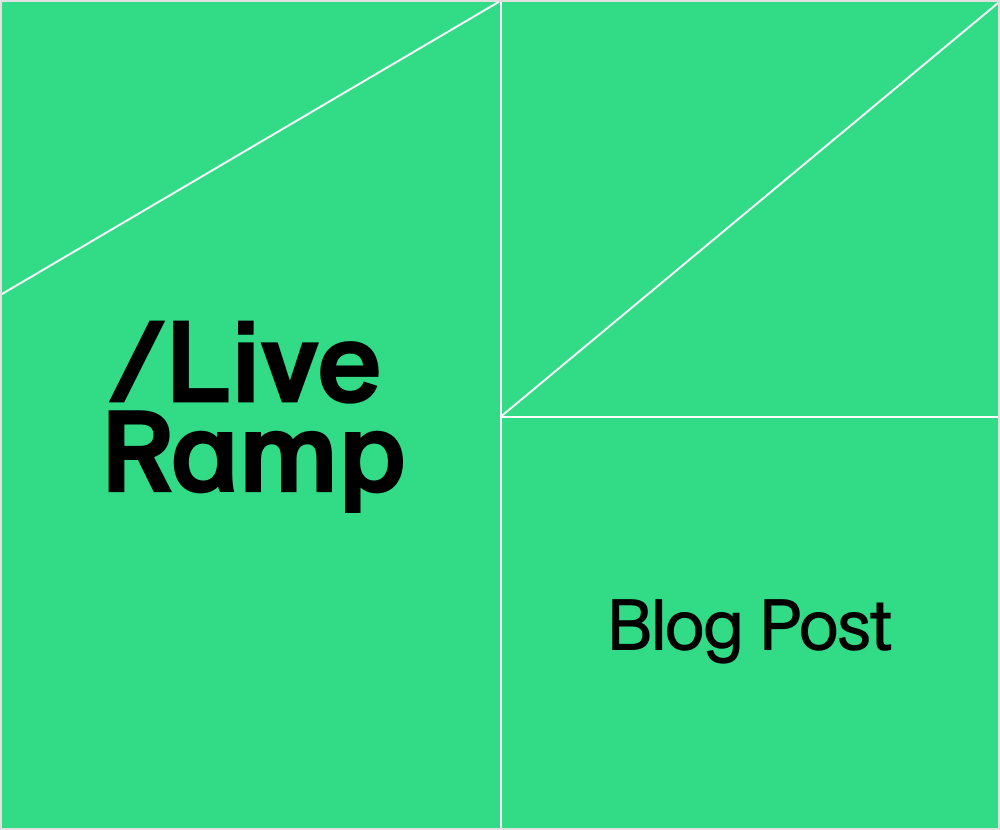Filters:
Clear AllFilter Label Tag

February 26, 2026
Unlocking Healthcare Insights Faster with AI: SemantIQ’s Agent Joins the LiveRamp Clean Room
LiveRamp
Artificial Intelligence
Marketing
Marketing Measurement
.jpg)
February 13, 2026
From On-Prem to Cloud: Building a More Reliable Analytics Platform with Citrix Cloud
Noel Zhang
Engineering & Technology
.jpg)
February 12, 2026
Access Granted: How LiveRamp's Infrastructure Elevated the Customer Experience
AL Victor De Leon
Engineering & Technology

January 9, 2026
7 min read
Marketing Measurement Strategy: Optimize Your Media Performance
LiveRamp
No items found.
.jpg)
December 29, 2025
Building a Secure and Scalable Multi-Tenancy Model on GKE
Mahendra Sahu
Engineering & Technology
.png)
December 18, 2025
Audience Segmentation with AI: How It Works and Why It Matters
LiveRamp
No items found.

December 11, 2025
What is Audience Measurement? An Overview of Strategies
LiveRamp
Marketing Measurement
.jpg)
December 8, 2025
From Hackweek to High-Performance: How Real-Time Caching Cut Costs and Improved Speed
Akshat Shah
Engineering & Technology
.jpg)
December 4, 2025
Match-Ready Infrastructure: LiveRamp’s Winning Identity API for the FIFA Club World Cup
Varun Gujarathi & Martin Banson
Data Collaboration
Engineering & Technology
Thank you! Your submission has been received!
Oops! Something went wrong while submitting the form.
Subscribe for Updates
Stay up to date with the latest from LiveRamp.




.jpg)